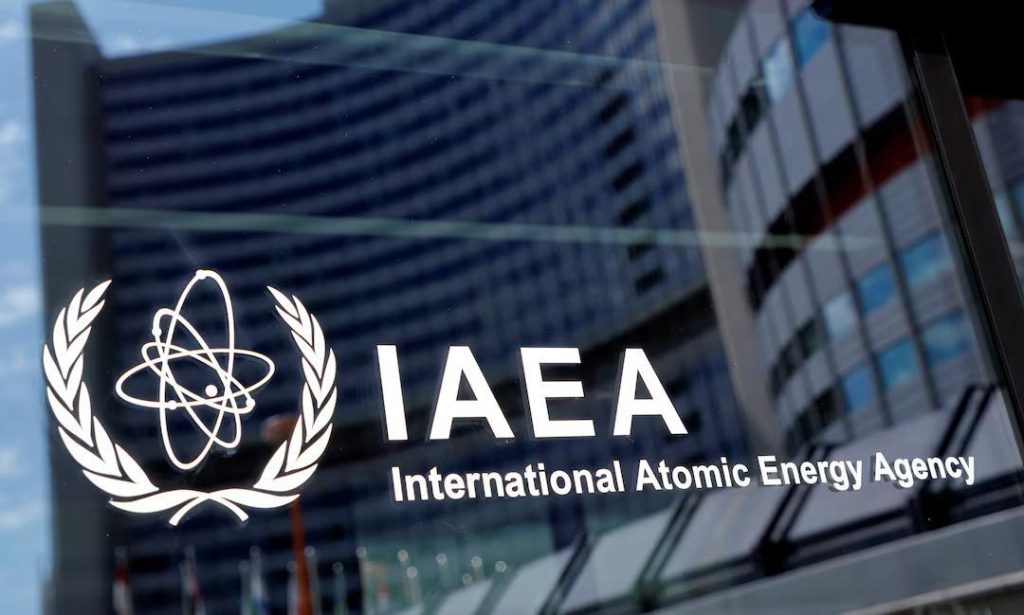
Iran Considers Suspending Cooperation with IAEA: Report
The recent string of events in the Middle East has taken a dramatic turn, with Iran reportedly considering a parliamentary bill to suspend its cooperation with the International Atomic Energy Agency (IAEA), the UN’s nuclear watchdog. This move comes in the wake of the United States’ strikes on Iranian nuclear sites and growing regional tensions.
According to a report by Moneycontrol, Iran’s Parliament Speaker Mohammad Baqer Qalibaf stated that the country is considering suspending its cooperation with the IAEA due to the agency’s failure to fulfill its obligations and its perceived role as a political tool.
“The world clearly saw that the IAEA hasn’t fulfilled any of its obligations and has become a political tool,” Qalibaf said, emphasizing the need for Iran to reassess its relationship with the agency.
The decision to suspend cooperation with the IAEA would be a significant development in the already complex and sensitive situation between Iran and the international community. The IAEA has long been responsible for monitoring Iran’s nuclear program and ensuring that it is in compliance with international agreements.
However, Iran has accused the agency of being biased and failing to fulfill its obligations. This sentiment was echoed by Qalibaf, who claimed that the IAEA has consistently failed to address Iran’s concerns and has instead focused on promoting political agendas.
The move to suspend cooperation with the IAEA is seen as a response to the recent strikes on Iranian nuclear sites by the United States. The strikes, which were carried out in the early hours of the morning, targeted several key facilities, including the Natanz nuclear facility and the Fordow enrichment plant.
The strikes were widely condemned by the international community, with many countries expressing concern over the potential escalation of tensions in the region. The IAEA also condemned the strikes, stating that they were a violation of international law.
The situation has left many wondering what the implications of the strikes and the potential suspension of cooperation with the IAEA would be. The strikes have raised questions over the effectiveness of the IAEA’s monitoring capabilities and its ability to prevent the proliferation of nuclear weapons.
Furthermore, the suspension of cooperation with the IAEA could have significant consequences for the international community. The agency plays a critical role in monitoring and verifying the implementation of international agreements, including the Nuclear Non-Proliferation Treaty.
The treaty, which was signed in 1968, aims to prevent the spread of nuclear weapons and to promote cooperation in the development of nuclear energy. The IAEA is responsible for verifying that countries are complying with the treaty and for providing technical assistance to countries seeking to develop nuclear energy.
In light of the recent events, it is clear that the situation in the Middle East is becoming increasingly complex and sensitive. The potential suspension of cooperation with the IAEA would be a significant development, with far-reaching implications for the international community.
It is essential that the international community comes together to address the growing tensions in the region and to promote cooperation and dialogue between countries. The IAEA plays a critical role in this effort, and its continued cooperation with countries is essential for maintaining peace and stability in the region.






